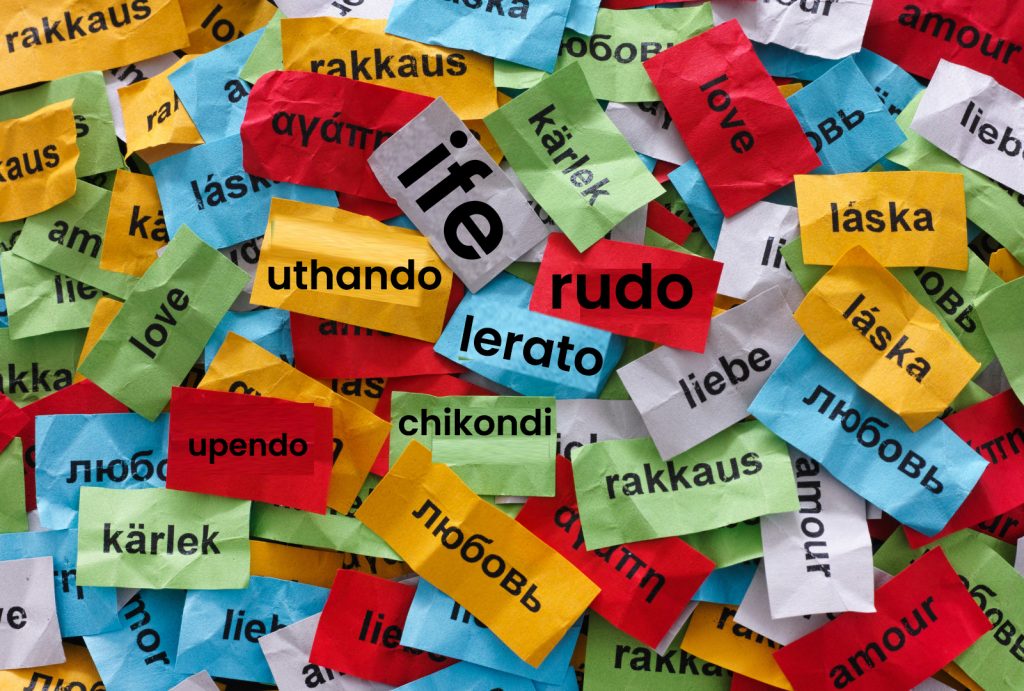
The 21st of February marks International Mother Language Day. The holiday was first announced on the 17th of November 1999 by UNESCO. This year’s day is celebrated under the theme “Multilingual Education: A necessity to transform education.”
The origins of the day carry a dark history. In 1947 Pakistan was formed and it was made up of East Pakistan (now Bangladesh) and West Pakistan (now Pakistan). The nations had very different customs, cultures and language and were separated by India. West Pakistan decided to proclaim Urdu Pakistan’s only language. This left a bitter taste in the mouth of East Pakistan which then protested and appealed to have Bangali as one of the national languages (Bangali was spoken by a majority of both East and West Pakistan.). The government then outlawed protests and rallies however, a group of students from the University of Dhaka organized a protest backed by other protesters. The government opened fired and five people died while hundreds were injured. The fateful protest took place on the 21st of February in 1952. In Bangladesh, the day is even commemorated as a national holiday.

The theme resonates very strongly due to the fact that some learners are unable to grasp learning concepts for the simple fact that they do not understand the language of instruction. If that can be shifted and we produce learning material and books in Zimbabwe’s various languages, the education system can become more inclusive and richer. Studies even show that learning and speaking multiple languages helps people with concentration, memory, problem solving and various other benefits.
This day is celebrated in the shadow of a nation that risks the extinction of its own culture and languages. Though the nation of Zimbabwe had declared it has sixteen official languages, it has been slow to adopt these languages in the mainstream such as guides, manuals, street signs, education systems, archiving of special texts and even religious celebrations. There is even a phrase people use these days which goes a little like; “Haataure Shona” which means ‘he/she does not speak Shona’. This phrase is often attributed to young ones who do not speak the Shona language despite it being the most spoken language in the nation and the heritage of some of these youngsters. There are a multitude of languages which have gone extinct and it would be a shame for our languages to find themselves in the very same graveyard.